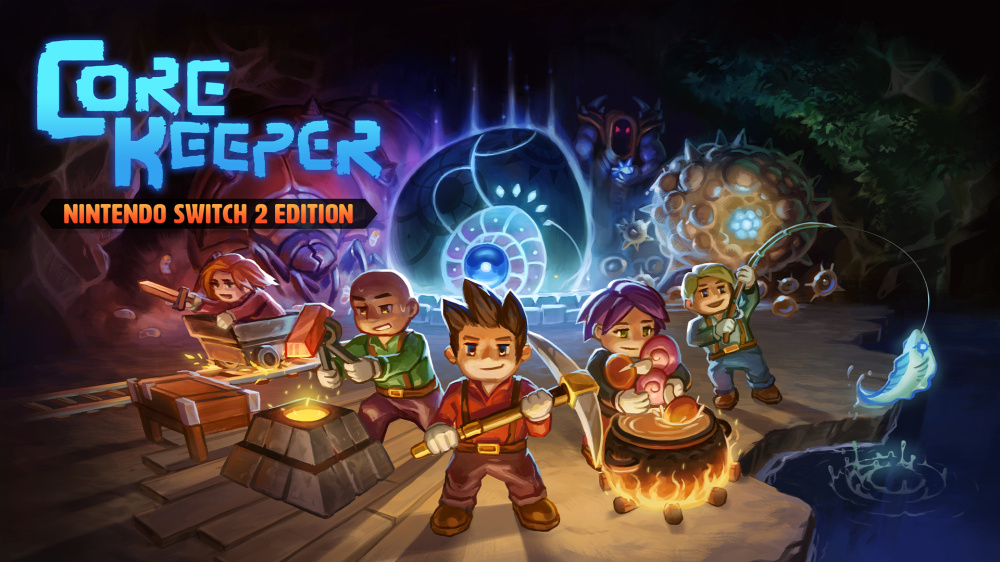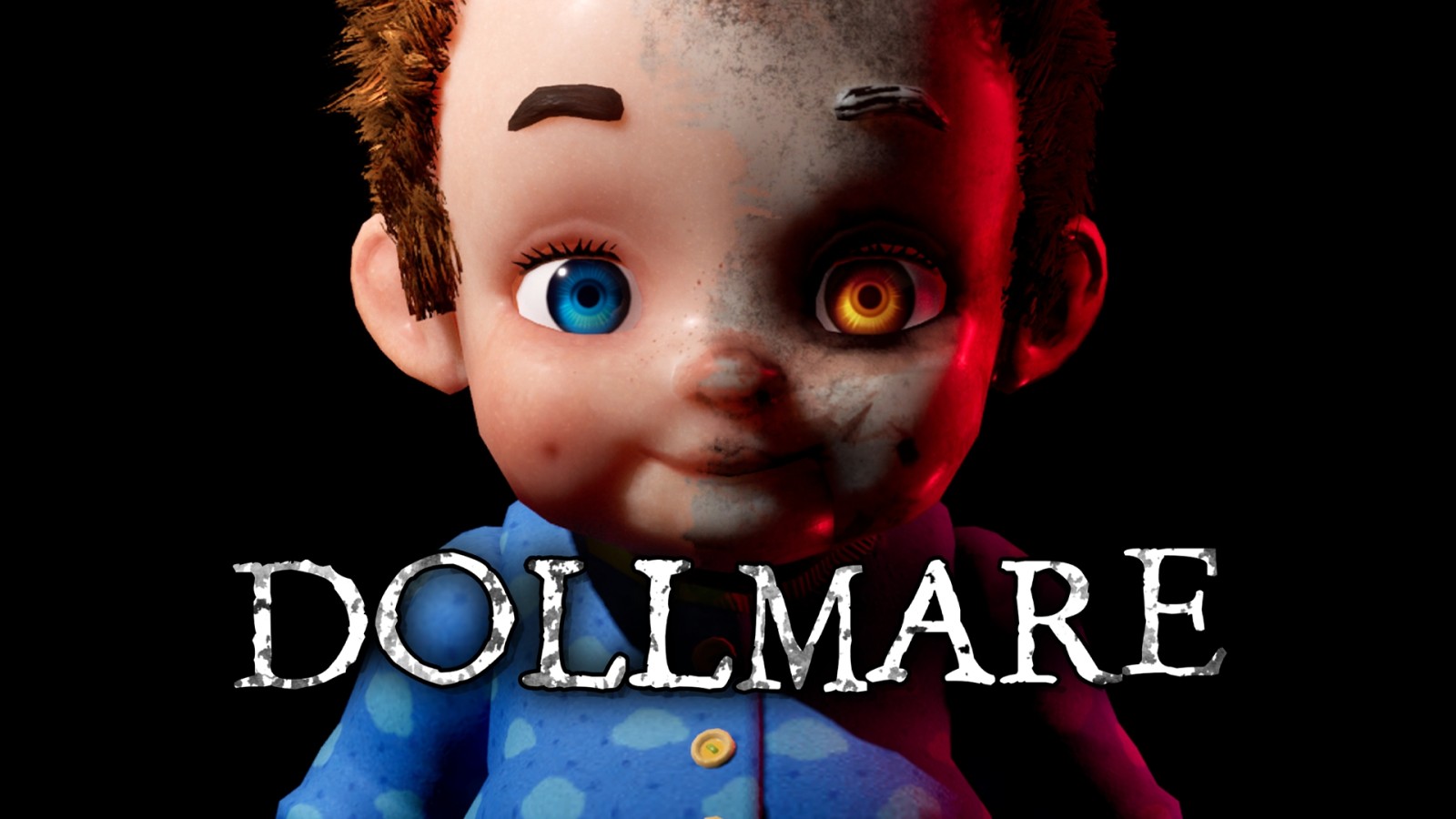Nintendo is under formal scrutiny in Brazil as Procon-SP, the São Paulo division of the country’s Consumer Protection and Defence agency, has publicly challenged the company over its policy allowing the remote disabling, or 'bricking', of Nintendo Switch 2 consoles.
In a press release, Procon-SP called out these practices as potentially abusive, drawing attention to the impact on Brazilian consumers who may find their devices rendered inoperable without clear justification. The Nintendo Switch platform, renowned globally for its innovative hybrid design and extensive eShop library, has built a reputation for user-friendly entertainment.
However, Nintendo enforces strict measures against unauthorized software and accessories.
Users found violating these guidelines can face suspension from the Nintendo eShop and online play, an action often accompanied by the dreaded 2124-4508 error code.
Such punishment is typically reserved for cases involving piracy or third-party peripherals that may compromise system integrity. Procon-SP argues that disabling subscriptions or services without providing a transparent reason directly contravenes consumer protection laws in Brazil.
In its official communication, the agency described the unilateral restriction of access to purchased content and services as a practice that undermines the rights of Switch 2 owners.
Specifically, the regulatory body stated that revoking access without explanation 'violates the principles of fairness and information required by local consumer protections.' Responding to the concerns raised by Procon-SP, Nintendo has confirmed that it has engaged a local law firm to represent its interests in the ongoing proceedings.
The company reiterated its commitment to maintaining the security and integrity of its hardware platforms, emphasizing that its actions target the prevention of piracy and ensure compliance with its terms of service. The Nintendo Switch platform, now succeeded by the Nintendo Switch 2, has seen robust commercial success in Brazil and worldwide, driven by a strong lineup of games and accessible online features via the Nintendo eShop.
As the industry grows, compliance with consumer rights legislation has become an important topic, especially in emerging markets where regulation is evolving to reflect digital ownership trends. This development marks another significant intersection of global gaming practices and local consumer rights, underscoring the need for transparency in digital goods management.
As Nintendo’s legal response unfolds in Brazil, the outcomes may set important precedents for console policies in the South American market, influencing both developer practices and consumer protections on the Nintendo Switch 2 and future hardware iterations.
In a press release, Procon-SP called out these practices as potentially abusive, drawing attention to the impact on Brazilian consumers who may find their devices rendered inoperable without clear justification. The Nintendo Switch platform, renowned globally for its innovative hybrid design and extensive eShop library, has built a reputation for user-friendly entertainment.
However, Nintendo enforces strict measures against unauthorized software and accessories.
Users found violating these guidelines can face suspension from the Nintendo eShop and online play, an action often accompanied by the dreaded 2124-4508 error code.
Such punishment is typically reserved for cases involving piracy or third-party peripherals that may compromise system integrity. Procon-SP argues that disabling subscriptions or services without providing a transparent reason directly contravenes consumer protection laws in Brazil.
In its official communication, the agency described the unilateral restriction of access to purchased content and services as a practice that undermines the rights of Switch 2 owners.
Specifically, the regulatory body stated that revoking access without explanation 'violates the principles of fairness and information required by local consumer protections.' Responding to the concerns raised by Procon-SP, Nintendo has confirmed that it has engaged a local law firm to represent its interests in the ongoing proceedings.
The company reiterated its commitment to maintaining the security and integrity of its hardware platforms, emphasizing that its actions target the prevention of piracy and ensure compliance with its terms of service. The Nintendo Switch platform, now succeeded by the Nintendo Switch 2, has seen robust commercial success in Brazil and worldwide, driven by a strong lineup of games and accessible online features via the Nintendo eShop.
As the industry grows, compliance with consumer rights legislation has become an important topic, especially in emerging markets where regulation is evolving to reflect digital ownership trends. This development marks another significant intersection of global gaming practices and local consumer rights, underscoring the need for transparency in digital goods management.
As Nintendo’s legal response unfolds in Brazil, the outcomes may set important precedents for console policies in the South American market, influencing both developer practices and consumer protections on the Nintendo Switch 2 and future hardware iterations.






